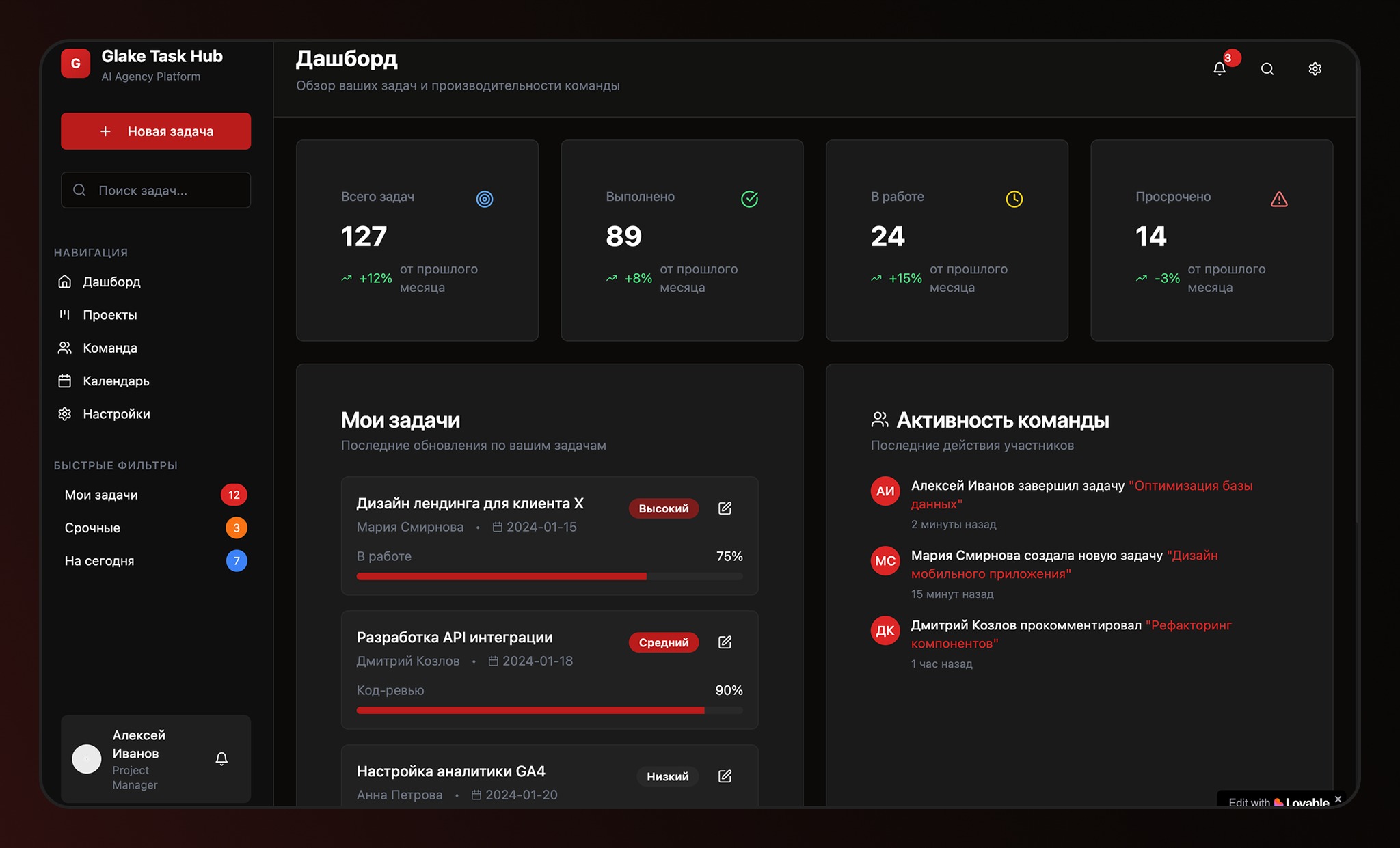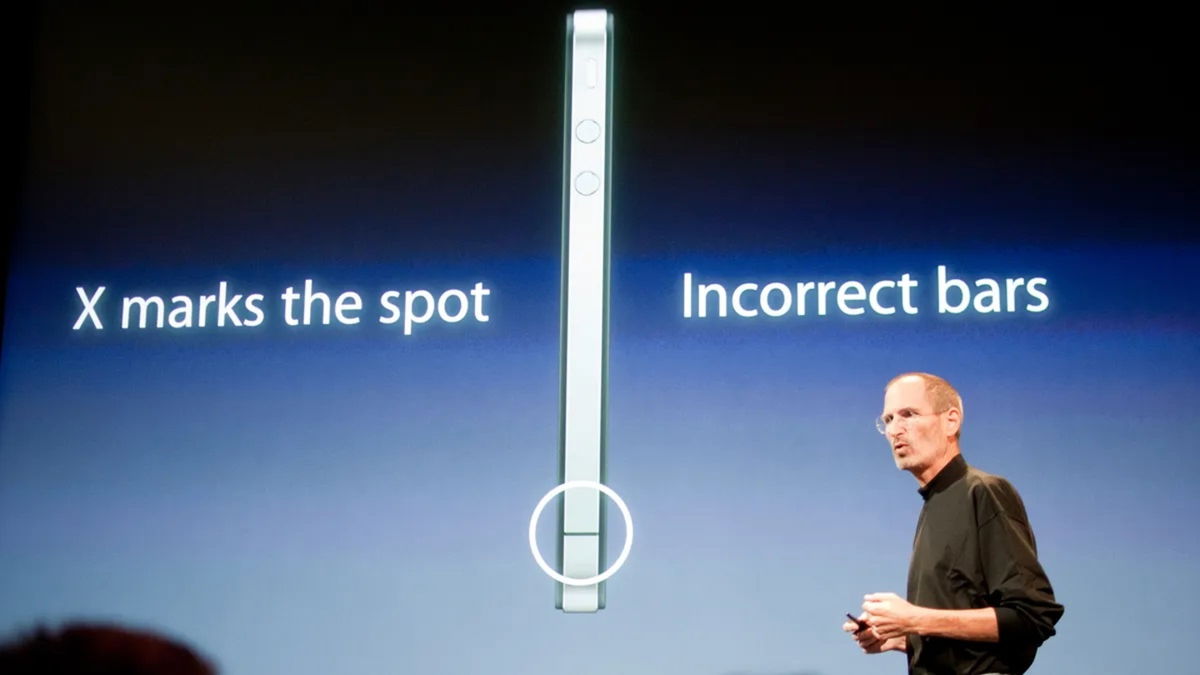Russian President Vladimir Putin, during his speech to the Federal Assembly on February 29, made a number of proposals to modernize the tax system: in particular, it is planned to introduce a differentiated tax system, provide for a gradual increase in taxes for companies that are moving from a simplified to a general tax system, and more.
RB.RU found out what Russian business associations think about the new proposals and how citizens reacted to some of the initiatives.
Join
Tax increase for companies that move from the simplified tax system to the special tax regime
In the message, the Head of State instructed to foresee a gradual increase in payments until 2025 for companies that move from the simplified tax system (STS) to the general tax system (STS).
Larisa Naumenko, director of the Moscow office of CPO Group and expert on legal protection of companies at MGO “Supports of Russia”, believes that a gradual increase in taxes is a necessary measure.
“The income limit to which the simplified tax system can be applied was increased: in 2022 it was 219.2 million rubles, in 2023 – 251.4 million rubles. If a company, during its development, exceeded the number of employees specified by law, and this is the second parameter for applying simplification, then it began to pay a higher rate: 8% for the “Revenue” object or 20% for the “Income less expenses” object. This can be called a certain transition period, which will allow us to rebuild accounting under the new tax regime,” Naumenko noted.
He also recalled that the tax service allows the use of the simplified tax system for individual transactions if they begin under one tax regime and end under another.
At the same time, the expert noted that the elaboration of the issue of gradual tax increases “should be carried out within the framework of dialogue between the government and business, and the proposed wording should exclude double interpretation.”
Risk-based approach to inspections and amnesty for small businesses
Russia, according to Vladimir Putin, will abandon the moratorium on business inspections starting January 1, 2025. Instead, they will implement a risk-based approach.
Putin also ordered the government to draw up an amnesty for small businesses that were forced to use tax optimization schemes. At the same time, the Head of State promised that no fines or new tax calculations would be imposed on them.
The Chamber of Commerce and Industry informed RB.RU that the business association has always advocated for the complete abolition of trade inspections, as the risk-based approach initiated by the government was in full operation.
“We welcome the words of the President of the Russian Federation that it is necessary to abandon the practice of inspections and replace them, where possible, with preventive measures,” said the head of the Chamber of Commerce and Industry, Sergei Katyrin.
The Chamber of Commerce and Industry also supported the issue of amnesty for small businesses that use business fragmentation to evade taxes. The organization will present its proposals and will also recommend that cases that are already in progress be ended.
“Overall, we believe that this measure will significantly whiten Russian companies and provide additional tax revenue to the budget. At the same time, it is important not to increase the tax burden on entrepreneurs and to fix the current norms of the Tax Code for 5 years. Currently, according to experts from the Russian Chamber of Commerce and Industry, amendments to the Tax Code are made on average once every 13 days,” Katyrin concluded.
Differentiated tax system
Putin also proposed introducing a differentiated tax system in Russia. According to him, it is necessary to consider “a more equitable distribution of the tax burden towards those with higher corporate and personal incomes.”
According to the SuperJob survey, in which 1.6 thousand people participated, 64% of Russians supported the introduction of a progressive scale of personal income taxes, 17% do not support such an initiative, believing that it will lead to a increase. on “gray” salaries.
Since 2001, Russia has had a fixed personal income tax rate of 13%. Previously, it was progressive: from 12 to 30%, depending on the size of the annual income. In 2021, a new rate appeared – 15% for income over 5 million rubles per year. The increased rate applies only to the difference between actual income and the declared amount.
Small Business Credit Holidays
The Chamber of Commerce and Industry also supported Putin’s proposal to allow small businesses to take credit holidays for six months every five years without deteriorating their credit history.
At the same time, the head of the Chamber of Commerce and Industry noted that “it will be important to convey to all banks the idea of preserving credit history, as well as providing for the possibility of appealing decisions not to grant financing. to companies that previously used vacations.”
Author:
Anastasia Marina
Source: RB
I am a professional journalist and content creator with extensive experience writing for news websites. I currently work as an author at Gadget Onus, where I specialize in covering hot news topics. My written pieces have been published on some of the biggest media outlets around the world, including The Guardian and BBC News.











